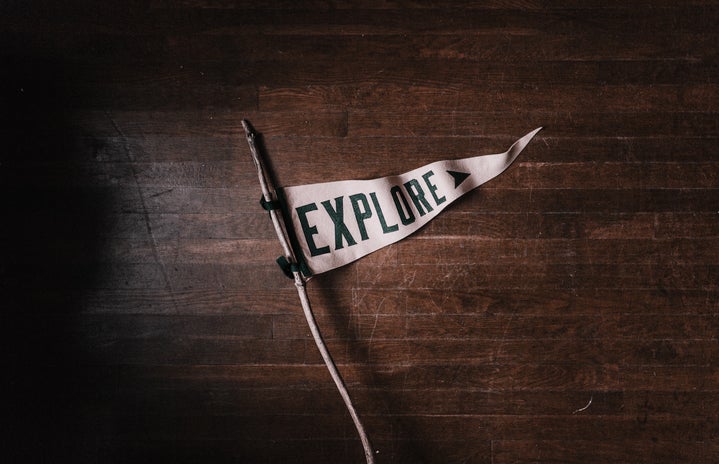Study abroad is, for most people, one of the most amazing, eye-opening, and fun college experiences one can have. Traveling, meeting new people, trying different foods, immersing oneself in a local community, all culminate in several life-changing months. I can personally say, that my four months spent abroad in the Czech Republic were some of the best months of life to date. Nevertheless, I, like many other American students abroad, endured my fair share of culture shock and uncomfortable moments during my time in the Czech Republic. No matter how open minded or educated a study abroad student is, they’re bound to encounter cultural singularities and societal customs that throw them off, even if just for a moment. Here are a few tips I can offer for dealing with unexpected and potentially uncomfortable study abroad experiences.
To start, be aware of local cultures and customs. This seems kind of basic, but it’s important to know what you’re in for. You should do your research beforehand and learn about local dress, daily greetings, general societal attitudes, local religious practices, etcetera, to prepare yourself for what you may encounter while abroad. Some aspects of local culture might be very similar to what you’re used to, while other aspects might be very different. Awareness of the environment you are about live in for several months will arm you with the ability to blend a little with the locals and keep you from getting into too many awkward situations.
One of the best ways to understand cultural and societal quirks that might throw you off is to make an effort to learn the history of the place you’re staying. This can often shed light on behaviors or customs you find strange or uncomfortable. For example, behavior that might be considered rude in the U.S. might be linked to certain historical eras or events. Understanding something like this could help you see that said behavior isn’t a rude personal affront, maybe it’s a just a kind honesty you’re unaccustomed to.
However, even when you’ve armed yourself with knowledge, sometimes you just need to vent to a friend anyways. At the end of the day, a nice long chat with another American friend can make all the difference. You can laugh about that weird food you tried or how you got reprimanded on the subway for not standing up fast enough for an older rider. Or you can reminisce about how you miss peanut butter and being able to understand people around you. Bonding over and discussing aspects of your study abroad experience can act as a reminder that you’re not the only one experiencing culture shock and help add perspective to feelings of discomfort.
If you’re really struggling with discomfort while studying abroad, try talking to one of your abroad professors. Whether you’re having an uncomfortable homestay situation or just can’t seem to accustom yourself to certain aspects of your study abroad location, talking to a trusted professor or another local might shed some light on the problem and how to deal with it. If you have a professor who is an expat, they’ll be an excellent person to talk to about adjusting to your new life and being a foreigner in a new place.
While certain instances of discomfort may be given, others are simly not ok. Be able to assess your discomfort. Are you uncomfortable becuase you’re embarrassed at your inability to communicate with a shopkeeper? Or, are you uncomfortable becuase you genuintely feel unsafe in a given situation? If it’s the latter, make sure you know what resources you can turn to for help. Women, unfortunately, oftentimes have to watch their backs a little extra, so the ability to understand why you’re feeling something and knowing your boundaries is an important way to keep safe and sane.
That said, when you guage it’s ok to do so, it’s still important to push your boundaries in order to get the most out of your study abroad experience. I found that harmless uncomfortable experiences were the ones that turned into the greatest learning opportunities and the best memories. And maybe you will too!

